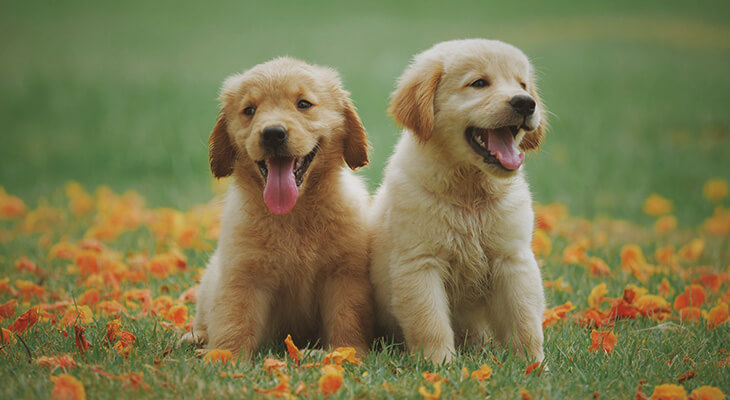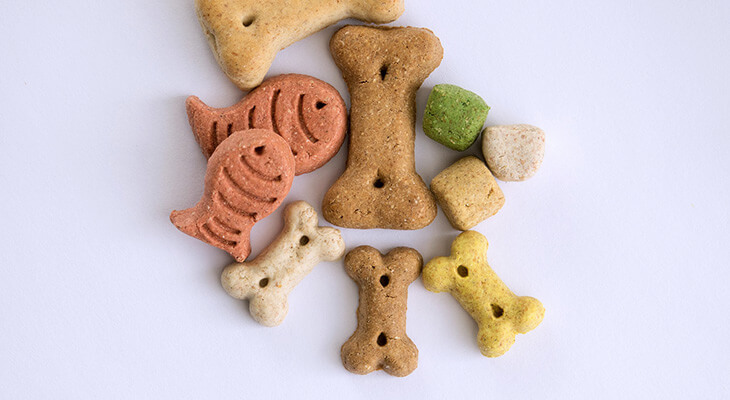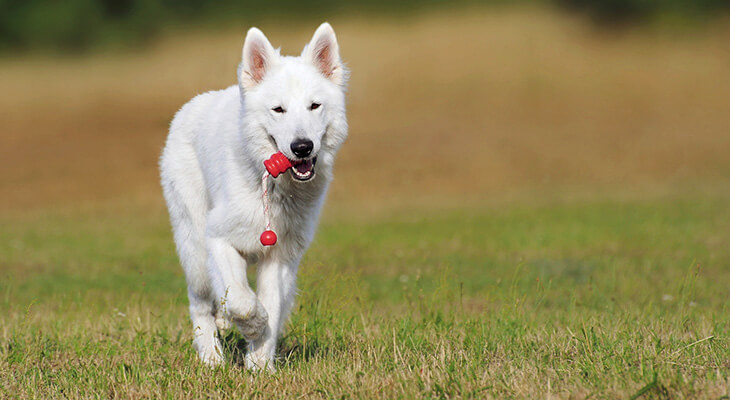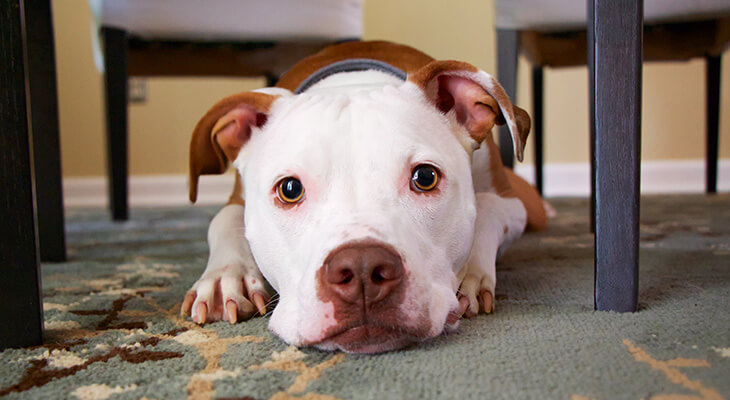That wonderful feeling of getting a new four-legged small bundle of joy to join the family cannot be described. The new member is cherished and cuddled by everyone in the family, but within a few weeks, you will see that a special connection develops with one of the family members, and he follows him/ her more than others. Is it love and affection, or is it following the leader’s commands? Let us find out if/ can a dog have more than one master in the same family.
It has been found through years of research and people’s experiences, dogs are pack animals, and realizing and recognizing a human leader and showing their allegiance to the leader is inherent in dogs’ behavior.
The dogs recognize a leader or a caretaker depending on their natural animal instincts. Dogs have an ‘Alpha syndrome,’ and anybody in the family can become their master due to their leadership qualities.
Dogs can show this through their obedient behavior towards the leader. You can see a dog walking beside the master and trying to understand the master’s moods, and you know that he is well disciplined and under control.
Contents
Dogs still love all people in the family.
It doesn’t mean that the dog does not love all family members equally. This indicates that he recognizes and respects one person more than the others, even if the person does not cater to his needs all the time.
All dogs have an instinct that helps them identify and choose a master amongst all the family members. Every dog will feel more secure around the master and follow his moods and orders meekly without hesitation.
Dogs may be more protective of the small kids and babies in the family. They may also be attentive towards the elderly or handicapped members in the case of the service dogs. But they have their unique language that conveys their obedience and allegiance towards the master.
When a dog is in the company of a master or the leader of the pack, then it is more relaxed and can be more playful and cheerful, and will behave better too.
They create bonds and associations.
Dogs are intelligent and have been around humans for centuries. They know and can identify people who allow them to break the rules. They may love playing with such people, going out for walks with family members, or playing fetch with anybody, but will recognize only one master due to their leadership. If two or more people in the family assert the same dominant strategies, then they will be able to follow the same commands easily.
Two alpha personalities at home?
The ‘Alpha’ or the master personality doesn’t always have to be a male. Even if you have two or more dogs at home, they will be more dominant than the other. It is the same with humans living with dogs. It can identify the dominant leader easily. At times both the mother and father at home may be equally dominant, and the dog would know instinctively how to take advantage of each one’s weaknesses. For example, he will choose one person for walks and recognize the other to seek food.
Some people are so busy that they get very little time with their dogs. It does not matter how much time they spend with the dog as long as that time is spent through meaningful communication.
A family without one master?
At times, dogs realize that the family doesn’t have a distinct leader and then try to be the pack leader, which is the most dangerous situation for any dog. If everyone at home caters to the dog and listens to every demand, then the dog tries to take over the role of a leader. You can make this out by the dog’s attempt to lead while walking.
Dogs can love more than one person as they choose the person with whom they bond well and match their energy levels.
Dogs also choose a comfortable and peaceful place in the house to sleep if they find one room more comfortable. This may also indicate their preference for a particular person at home. A beautiful bond comes out of this relationship with the dog due to its affinity and affection for one particular person in the family.
You may find it strange, but sometimes a deeper bond between a dog and its master may be because of their temperament. A laid-back or a very energetic dog may find the right person in the family to bond with. This bond is different from its allegiance to its master.
Do they change with change in their masters?
Dogs are very intelligent and emotional animals. They also feel empathy, and if a dog has to change its allegiance due to the master’s death, it may also change its behavior. Dogs can also perceive the different atmosphere at home and pick up the small issues within couples. When a couple separates, the family dog can pick up a side and choose a master if forced to. Dogs may show more happiness if they meet a person after a long time or receive positive reinforcement, but they do not change their allegiance to their masters.
Research says dogs can find some smells more delightful than others; this may be connected to food, pheromones, or other reasons. They also pick up on the behavioral and disciplinary aspects of a person. Their allegiance to a master at home or in a pack does not depend on food or for order alone. This is an inherent behavioral pattern that has developed in dogs over the centuries.
Conclusion
Dogs are pack animals, and they prefer to have a leader whom they can follow. This is important for every dog’s well-being as in the absence of a leader, a dog will be confused and scared and will not know what to do.
In some cases, dogs are known to try to be the leaders of a human pack, and they do not know how they can control the perceived threats. In such cases, they bark and attack incessantly and randomly and may become vicious. It will be in the dog’s interest to let him follow a leader at home and have one master in the human family.




